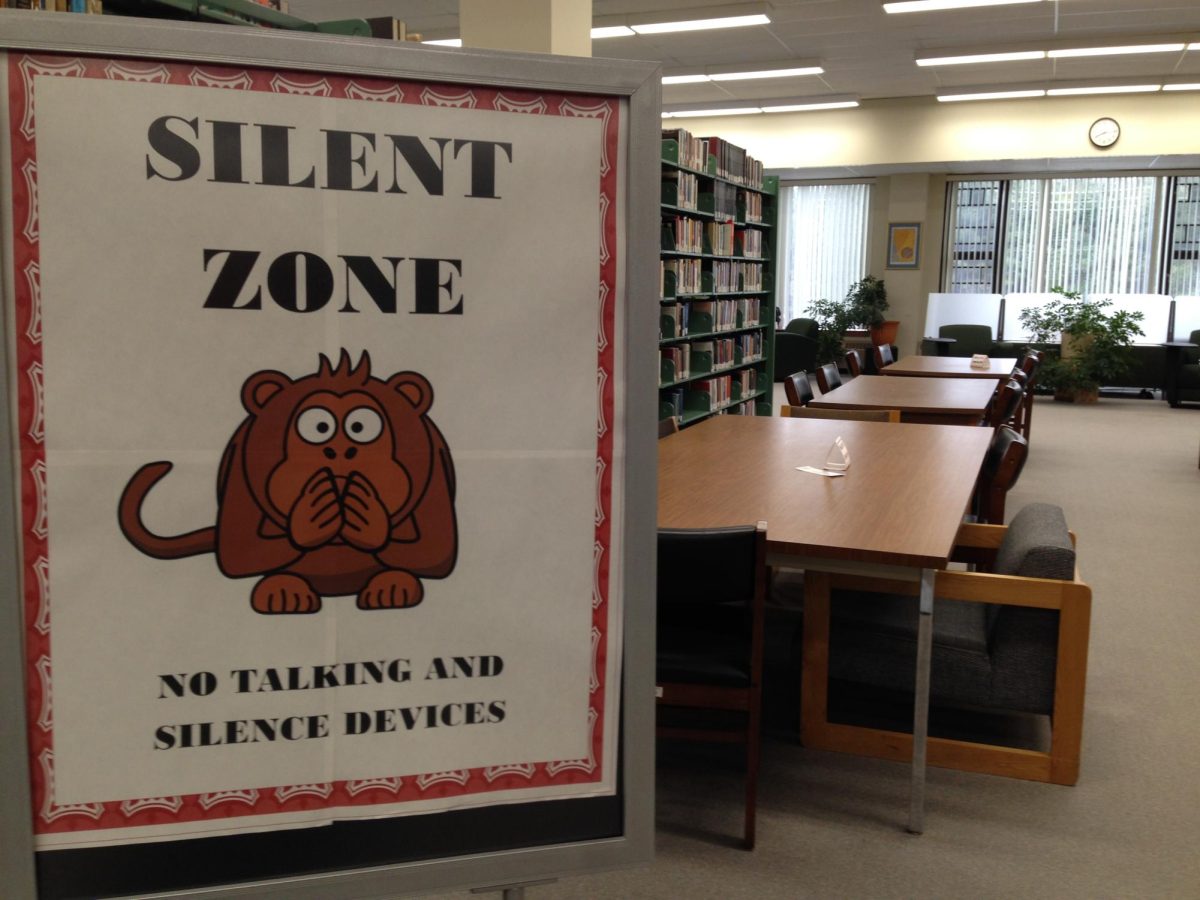In today’s society, success is no longer solely determined by academic or technical skills. Due to the prospect of AI replacing the need for many technically skilled individuals, employers are recognizing the crucial role of emotional intelligence (EI) in personal and professional achievement. Unlike cognitive intelligence, which focuses on analytical and problem-solving abilities, emotional intelligence centers on self-awareness and relationship management.
These components collectively enable individuals to navigate the complexities of human interaction effectively. Some may believe that emotional intelligence is something that should only be regularly practiced by adults. I see it as a skill set that one can and should cultivate at a young age.
By integrating emotional intelligence education into school curricula, we can empower the next generation with the tools they need to navigate life’s challenges with resilience and empathy. Fortunately, developing emotional intelligence is a skill that can be learned and honed over time.





